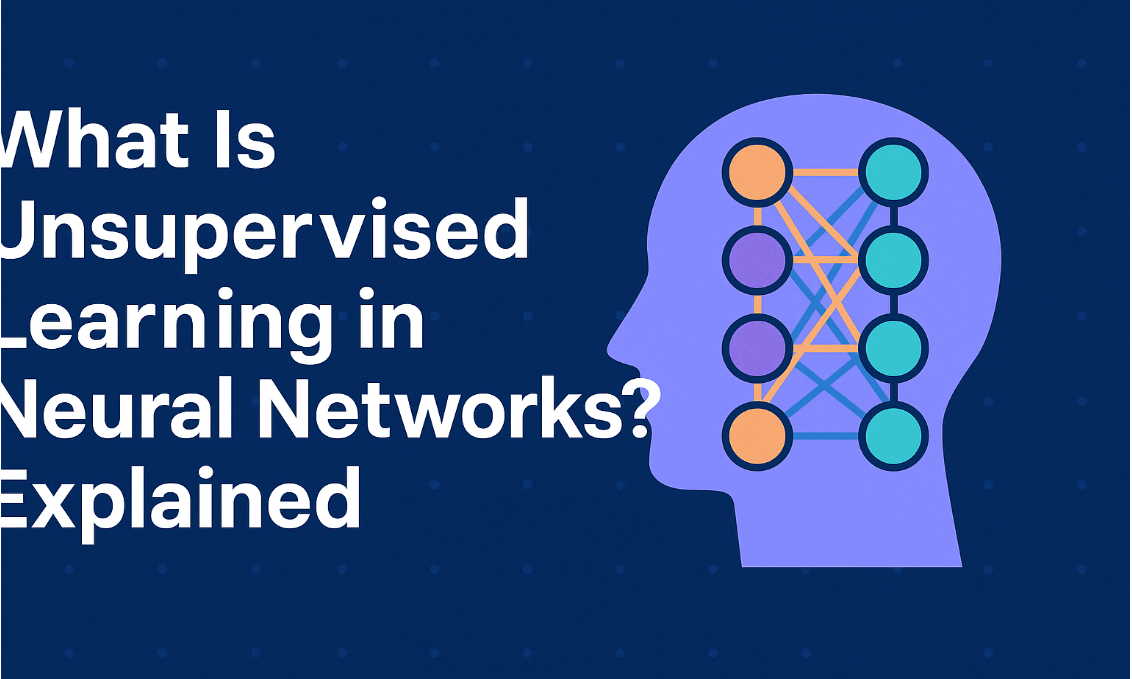
Nine Universal Values in Human Relationships: A Guide to Building Meaningful Connections
Introduction
Human relationships thrive on fundamental values that foster understanding, trust, and harmony. These values form the foundation of personal, professional, and societal interactions. Understanding these universal values can help individuals build stronger, more meaningful connections and navigate conflicts effectively.
Table of Contents
Understanding Universal Human Values
History and Evolution of Human Values
The Nine Universal Values in Human Relationships
Examples of Universal Values in Daily Life
Advantages of Practicing These Values
Challenges and Disadvantages
Courses and Training for Developing Relationship Values
Differences Between Ethical Values and Universal Human Values
Problem-Solving Scenarios Using Universal Values
Conclusion
Understanding Universal Human Values
Universal human values are ethical principles that guide behavior and relationships. They are not confined to any culture or religion but are globally accepted principles that promote peace and well-being.
History and Evolution of Human Values
The concept of universal human values dates back to ancient civilizations. Philosophers like Aristotle, Confucius, and Socrates emphasized virtues such as kindness, respect, and justice. Over time, these values have evolved, influencing laws, cultures, and ethical frameworks worldwide.
The Nine Universal Values in Human Relationships
1. Trust
The foundation of any strong relationship.
Builds security and confidence in interactions.
2. Respect
Encourages appreciation of differences.
Promotes a healthy exchange of ideas and opinions.
3. Care and Compassion
Demonstrates empathy and understanding.
Helps in providing emotional and physical support.
4. Honesty
Encourages transparency and integrity.
Builds credibility and reliability in relationships.
5. Responsibility
Encourages accountability in actions.
Strengthens teamwork and cooperation.
6. Fairness
Promotes justice and equal treatment.
Ensures unbiased decision-making.
7. Loyalty
Strengthens commitment in personal and professional relationships.
Encourages long-term bonding and trust.
8. Gratitude
Fosters appreciation and positive reinforcement.
Enhances overall relationship satisfaction.
9. Forgiveness
Helps in conflict resolution and healing.
Reduces resentment and promotes peace.
Examples of Universal Values in Daily Life
A manager showing fairness by giving equal opportunities to employees.
A friend demonstrating loyalty by standing by during tough times.
A parent teaching honesty by leading through example.
Advantages of Practicing These Values
Stronger Relationships: Enhances trust and mutual respect.
Personal Growth: Encourages self-awareness and ethical decision-making.
Improved Communication: Facilitates open and honest conversations.
Better Conflict Resolution: Promotes peace and harmony.
Challenges and Disadvantages
Difficult to Practice Consistently: Requires effort and emotional intelligence.
Potential for Misinterpretation: Values like fairness and honesty can be subjective.
Time and Patience: Building trust and respect is a long-term process.
Courses and Training for Developing Relationship Values
Emotional Intelligence and Relationship Management Courses (Available on Coursera, Udemy, etc.)
Leadership and Ethics Training
Workshops on Conflict Resolution and Communication Skills
Differences Between Ethical Values and Universal Human Values
| Aspect | Ethical Values | Universal Human Values |
|---|---|---|
| Definition | Moral principles guiding right and wrong. | Fundamental principles shaping human interactions. |
| Scope | Varies across cultures. | Universally accepted. |
| Application | Used in legal, business, and personal ethics. | Used in all human relationships. |
Problem-Solving Scenarios Using Universal Values
Scenario 1: A workplace conflict due to miscommunication.
Solution: Practicing honesty and respect to clarify misunderstandings.
Scenario 2: A friend feels betrayed due to a broken promise.
Solution: Using forgiveness and responsibility to rebuild trust.
Conclusion
The nine universal values in human relationships are essential for fostering strong, meaningful connections. By incorporating these values in daily life, individuals can experience better personal growth, professional success, and societal harmony.
Frequently Asked Questions (FAQs)
Q1: Why are universal values important in human relationships?
Universal values promote trust, respect, and harmony, leading to healthier personal and professional interactions.
Q2: How can I incorporate these values into my daily life?
By practicing honesty, empathy, and gratitude, you can strengthen your relationships and improve communication.
Q3: Are these values culturally specific?
No, these values are globally accepted and apply to all human relationships, regardless of cultural background.
Q4: How do these values help in conflict resolution?
Values like forgiveness, honesty, and fairness promote understanding and reduce conflicts.
Q5: Are there any courses to improve relationship values?
Yes, several online courses on emotional intelligence, ethics, and communication skills can help enhance relationship values.
By implementing these values, you can cultivate meaningful relationships and contribute to a more ethical and compassionate society. Share this guide with others and start fostering stronger connections today!








